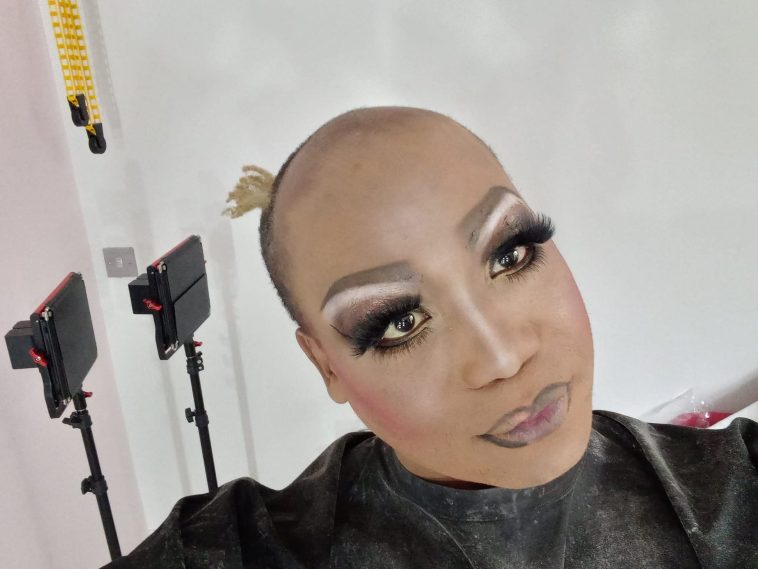GABORONE, Botswana —
Drag is a kind of freedom. It lets a person become a version of themselves that might otherwise stay hidden. In MOITOBO, a new experimental film I’m producing and acting in, we explore drag as a quiet form of liberation. Many people wear drag every day without realizing it. They use makeup, heels, or how they present themselves.
In Botswana, we may not always call it drag. But the tradition of expressive transformation runs deep. When I retired from professional theatre in 2022 after 15 years—having been the first Motswana to have a Broadway career—I created a fictional drag persona named Dumêla Fella as my farewell to the stage. She was my final live performance. Now she stars in MOITOBO, the first feature I am producing under CattlePost Films.
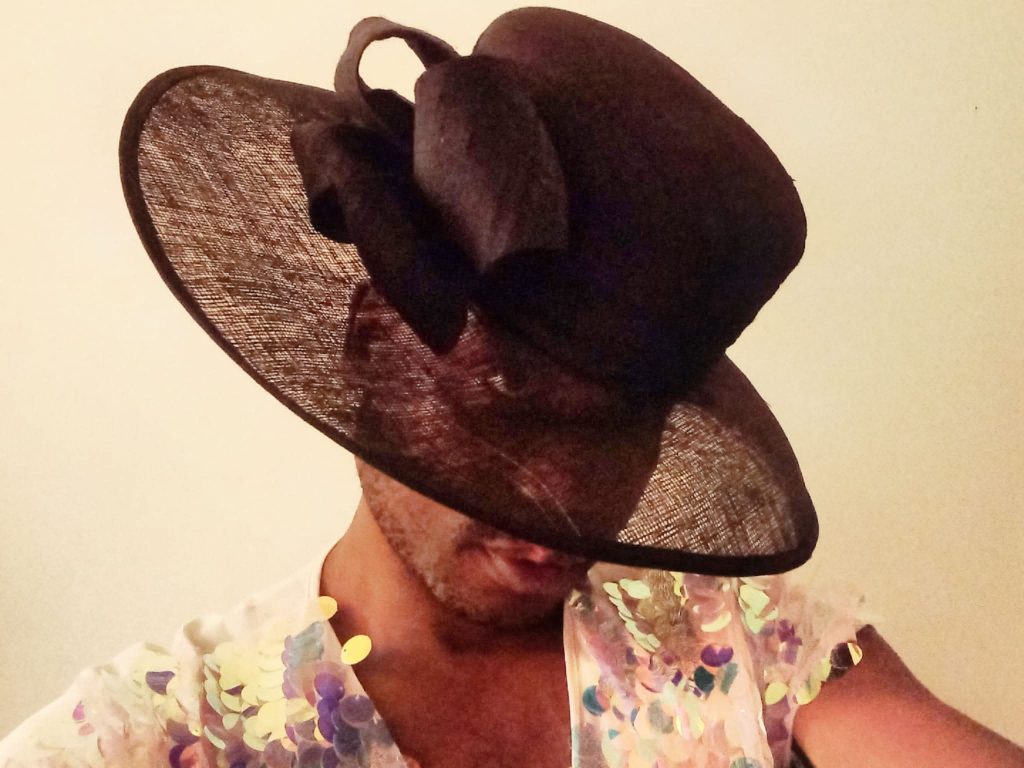
Dumêla’s story is not about spectacle. It is about quiet resistance and remembering. It stands in a long line of African storytelling. Identity was often performed, layered, and coded. Long before RuPaul’s Drag Race or the global drag boom, forms of drag lived quietly in Botswana. They appeared in village plays, street performances, and satires. In the 1980s and 1990s, men often dressed in women’s clothing for humor or protest. They held up society’s mirror with exaggerated gestures.
Drag is not just about gender. It is about truth-telling. It is deeply personal. Today, young Batswana artists like BelindaBW, ATI, Motswafere, and Johnny Kobedi play with fashion and gender expression boldly. On social media and in music videos, they wear glitter, lipstick, painted nails, and heels. They do it not for spectacle but for agency.
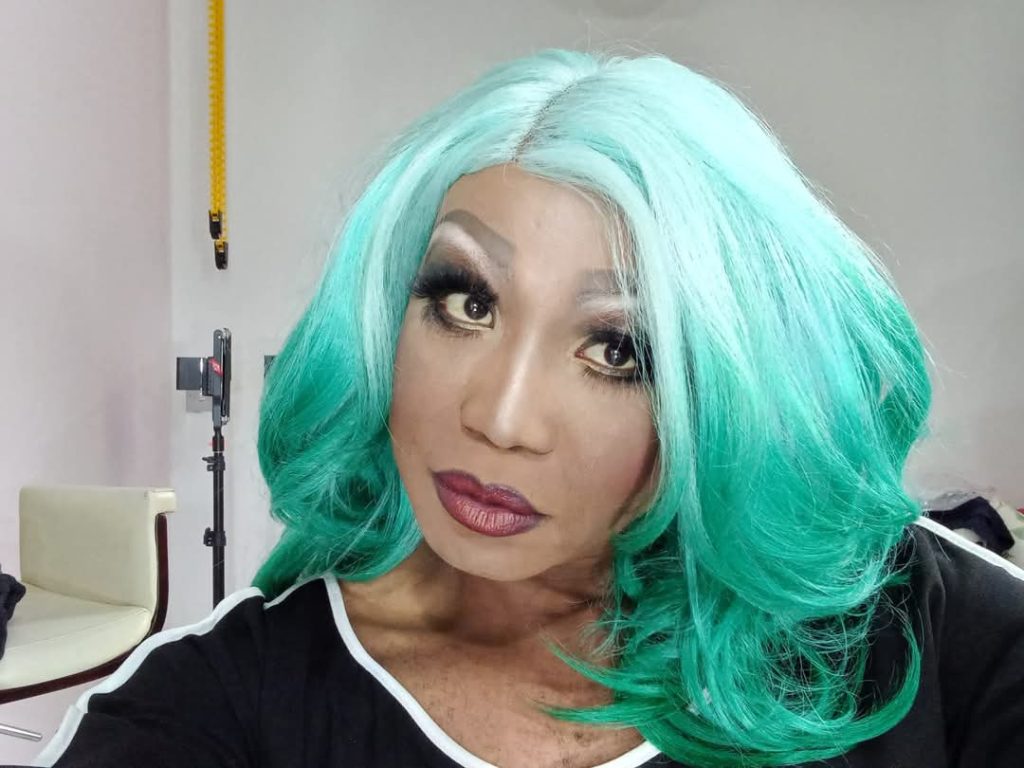
Comedians like JujuBoy, Jujuvine, and William Last KRM explore gender performance through costume, voice, and parody. It may not be called drag, but it challenges identity’s limits. Years ago, Leleti Khumalo played Nelson Mandela in drag in Sarafina! singing “Freedom Is Coming Tomorrow.” The world clapped. Many did not realize it was a drag moment. Drag often hides in plain sight.
MOITOBO draws on all this. It is a fictional re-imagining of what it means to wear freedom like a costume. In the film, I play BoyBoy, opposite Tamara Astor, Zenzo Ngqobe, and Jolanda Steiner. Though I have stepped away from Broadway and West End stages, this film pulled me back. Not with glamour, but with purpose.
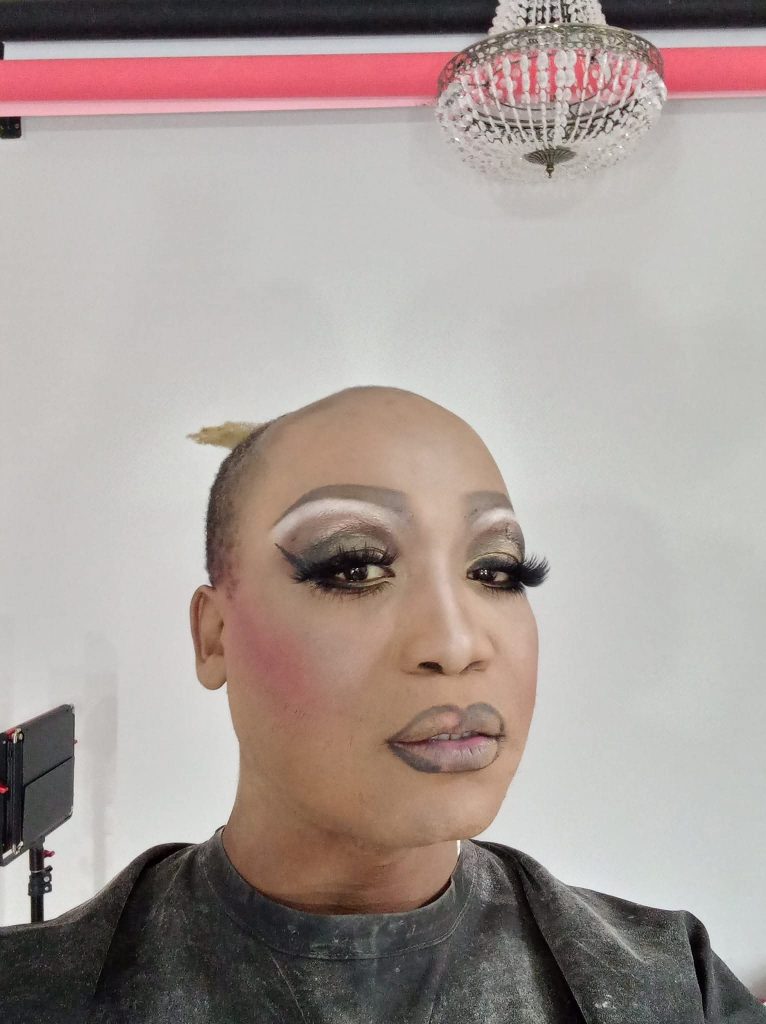
As the film’s 2026 release nears, I hope it opens a conversation in Botswana and beyond about how we express ourselves. We all wear costumes. We all perform. Drag is more familiar than foreign.
Drag in Botswana is not new. It is not imported. It has always been part of how we tell the truth.
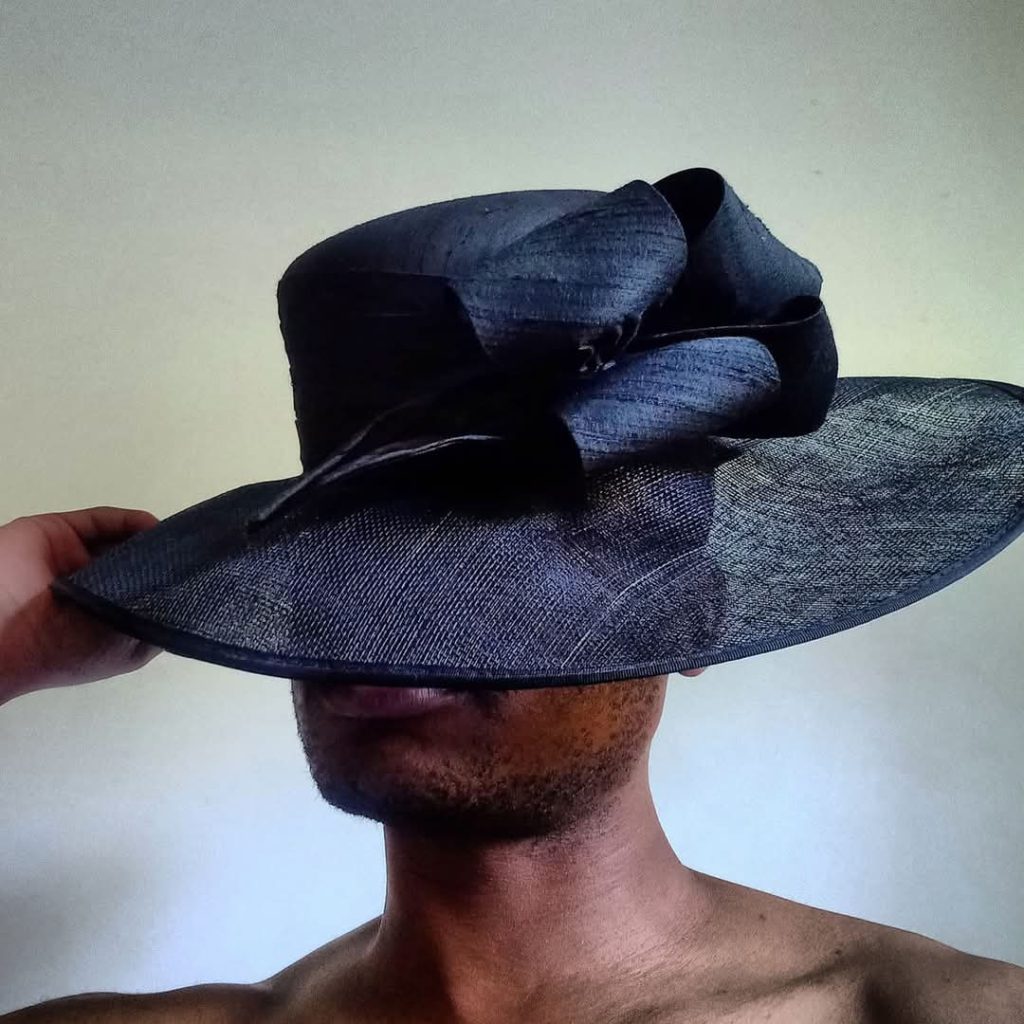
About the author:
Donald Molosi is Executive Producer and star of MOITOBO. He is a retired Broadway and West End performer and leads CattlePost Films, based in Gaborone and London.
Images attached are from the set of MOITOBO in the UK while Molosi was filming in character.
This post was created with our nice and easy submission form. Create your post!


